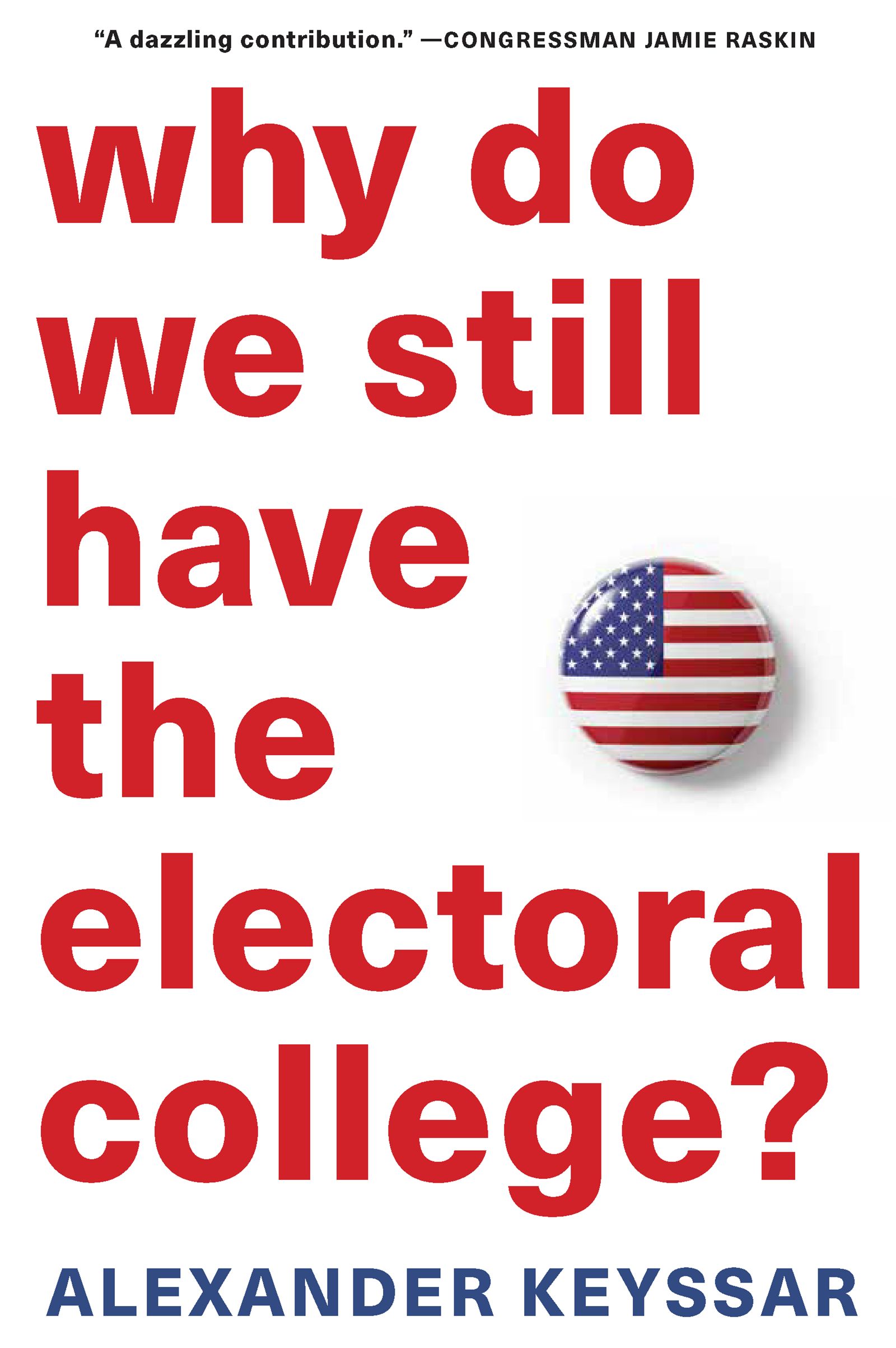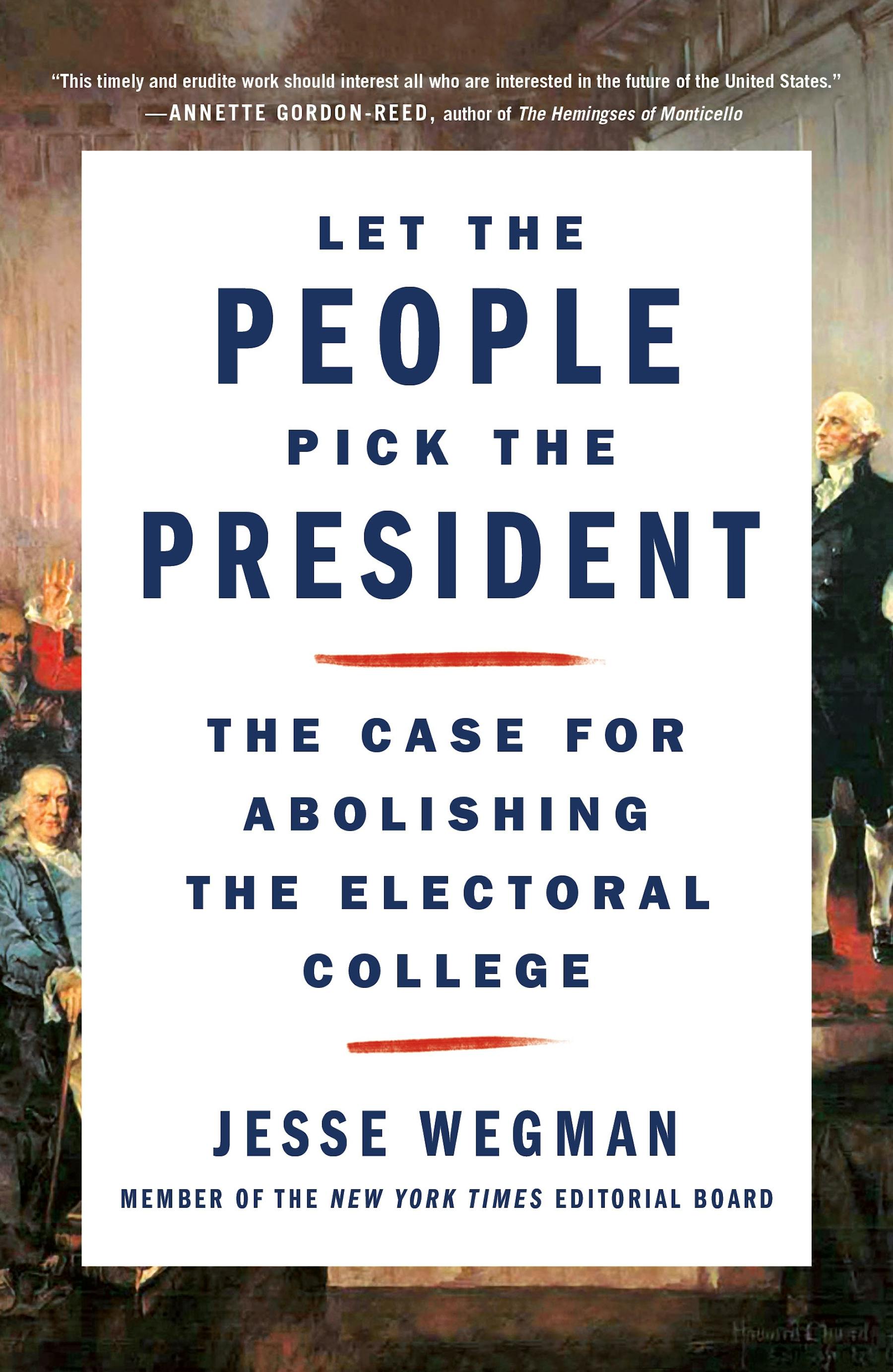For most of American history, the electoral college system has enhanced the political power of white Southerners. Without the votes of the extra electors that resulted from the addition of three-fifths of the South’s slaves to the population calculation, for example, Jefferson would not have defeated John Adams in 1800. In the late 19th century, the Southern states systematically stripped the right to vote from black citizens in flagrant violation of the Fifteenth Amendment, enacted during Reconstruction, which outlawed denial of the franchise on the grounds of race. But this did not affect these states’ representation in the House, since it is based on total population, not on voters or the number of Southern electors. Ironically, the abolition of slavery increased Southern political power because the entire black population, not just three-fifths of it, was now counted in the allocation of House seats and electoral votes. Like the three-fifths clause, disenfranchisement allowed the white South to benefit politically from the presence of the black population while denying it any semblance of democratic rights. For much of the 20th century, the Southern states resembled a series of rotten boroughs, whose tiny electorates wielded disproportionate power in Congress and in the election of the president. (According to the Fourteenth Amendment, states that deprive significant numbers of citizens of the right to vote are supposed to lose a portion of their congressional representation and electors. But this penalty has never been enforced.)
Given its undemocratic nature and long history of dysfunction and racial bias, it isn’t surprising that almost from the start proposals began to circulate about changing the way electors were chosen, or even doing away with the electoral college entirely. Over time, more than eight hundred such amendments have been introduced in Congress. Amending the constitution is a daunting task, requiring the approval of two-thirds of Congress and three-quarters of the states. But it has nevertheless been accomplished 27 times, effecting changes that have significantly democratised American politics: extending the right to vote to African Americans, women and 18-year-olds; shifting the election of senators from legislatures to voters; barring the imposition of poll taxes and allocating electoral votes to residents of Washington, D.C. But the stark fact is that with the exception of the Twelfth Amendment, which only tweaked the system, the strange way we elect the president has survived intact for over two centuries. These two new books try to explain why.

